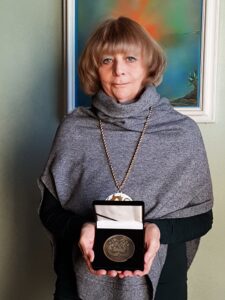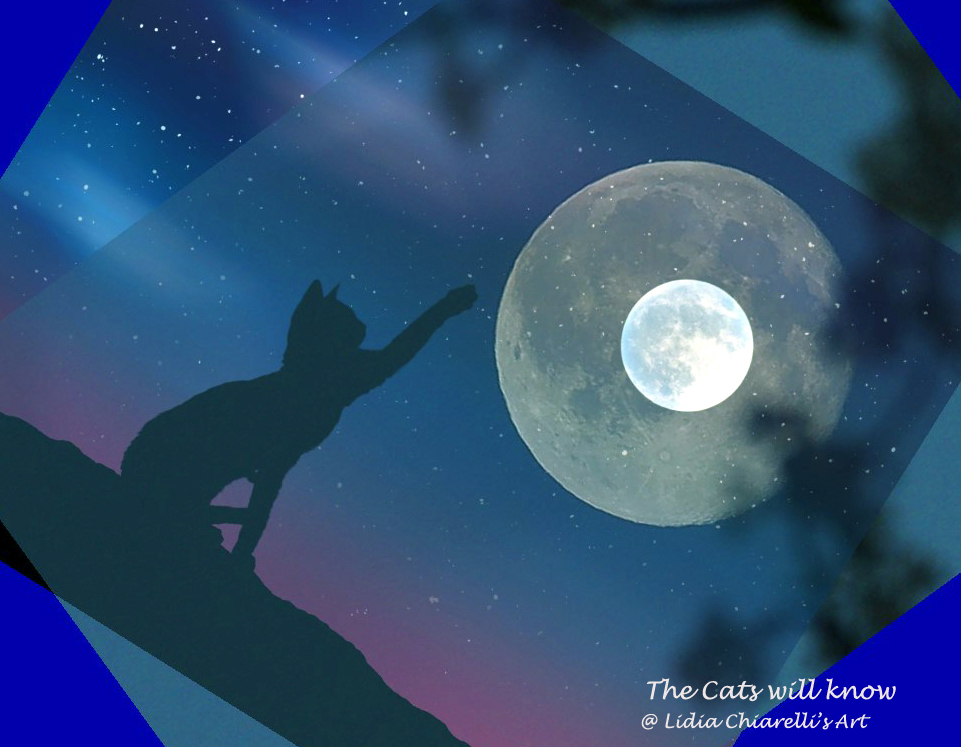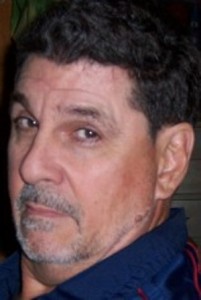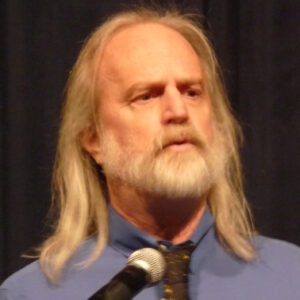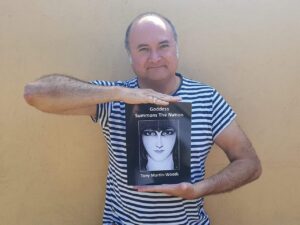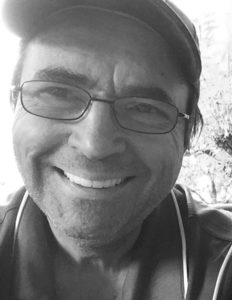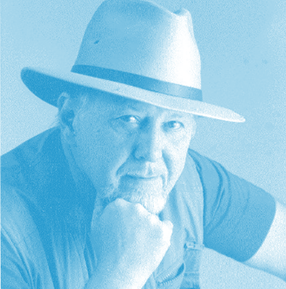Self-Starter
(i.)
A superhero from a distant
franchise of the Marvel universe
finds himself in a labyrinth.
A few turns, retracings,
very human moments
of indecision confirm that’s what
it is. His great secret motivator,
contempt, rises (not breaking
the mild, righteous surface);
and with a combination
of fire from his eyes
and steely blows he breaks through
wall after ivy-covered wall.
(In a straight line. Diagonal to
the lie of the maze. It’s unclear why
he doesn’t fly. Contempt.)
Shells, fossils, bas-reliefs
dislodged by his violence fall among
the smoking bricks and vines. (The point
of a labyrinth is terror, despair;
why art? The superhero doesn’t stop
to ask. An irritant.)
A last kick and he’s out. Somewhere – he can
resume his universe-saving
from anywhere. But for a moment
he’s tired,
his mood less than triumphant.
This has happened before; he views it
as a tribute paid to everything mortal.
And wonders what his enemy placed
this time at the center
of the maze to consume him.
(ii.)
Gran Via
The famous sights must still
grace faded glossy calendars
on walls somewhere.
Another horse and king. Sword pointing
the dead behind him
towards death – there’s no point, otherwise.
It might be instructive
to remove the bronze kings, keep the horses.
Decide at any point
that the approaching pretty park
will be pretty, the stuff between
interesting, and turn back.
You will at once destroy
tourism and the basis
(Baudelaire, the flâneur, etc.)
of modern poetry.
Wherever you are, forgive the locals.
You remind them that time doesn’t have
a long grey beard but white stubble.
(iii.)
Something I Said
It’s worse
than remarks that ended
job interviews, dates, jobs, relationships.
(She sat there crying or enraged,
and since I’m nice I apologized
for months or the duration.)
I turn from whoever it is,
staring and pale, and myself. There are depths
of self and wit I’d rather weren’t.
But a waitress here with hors-d’oeuvres,
though impeccably trained, has dropped them,
the tray aghast in midair.
A general has almost spilled his drink.
A celebrity ages. Noted lobbyists
and cokeheads, always in motion, stop.
Hidden children whisper. From the terrace
a wolfhound enters, steals some human food,
and gazes up with doubtful sympathy.
(In the distance, workers
erecting a tent for the raffle grin,
but they’re from the past, some old novel.)
Across the salon our host and hostess
stand motionless, still gracious.
I should bottle it, I think,
by which I mean keep silent but connote
researching, mastering this skill,
inventing time travel and returning
to stymie history with well-placed words.
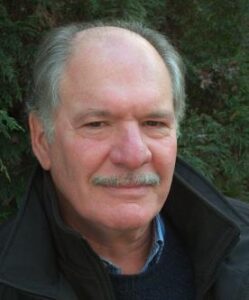
Author of two book-length narrative poems, The Adventure (Story Line Press, 1986; to be reissued by Red Hen Press) and Happiness (Story Line Press, 1998), and two collections, A Poverty of Words (Prolific Press, 2015) and Landscape with Mutant (Smokestack Books, UK, 2018). In print, Pollack’s work has appeared in Hudson Review, Salmagundi, Poetry Salzburg Review, Manhattan Review, Skidrow Penthouse, Main Street Rag, Miramar, Chicago Quarterly Review, The Fish Anthology (Ireland), Poetry Quarterly Review, Magma (UK), Neon (UK), Orbis (UK), Armarolla, December, and elsewhere. Online, his poems have appeared in Big Bridge, Diagram, BlazeVox, Mudlark, Occupoetry, Faircloth Review, Triggerfish, Big Pond Rumours (Canada), Misfit, OffCourse , Poetry Life and Times (2015) and elsewhere.
Robin Ouzman Hislop is Editor of Poetry Life and Times at Artvilla.com ; You may visit Aquillrelle.com/Author Robin Ouzman Hislop about author & https://poetrylifeandtimes.com See Robin performing his work Performance (University of Leeds)
